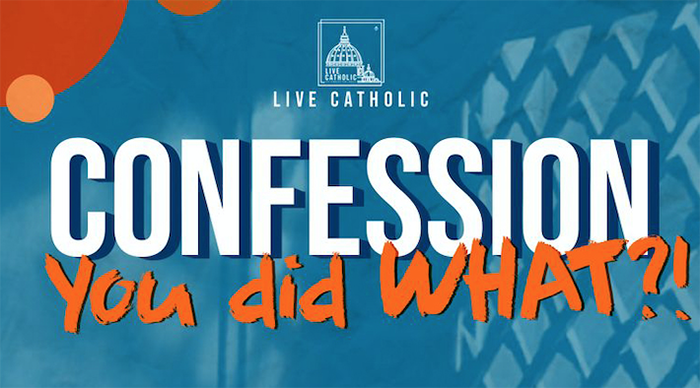Danilo Perez Ngo
SFC: You kept mentioning Pope Francis, Father, and there is this one line, that Pope Francis said, “There is no sin that God cannot forgive.” In my mind, I thought
there is one sin that is not forgivable, is there really such?
Fr Mandía: Yeah, we call it the sin against the Holy Spirit. Why can this sin not be forgiven? There is only one obstacle to forgiveness of sin which is the person himself – when the person says “I cannot be forgiven!” Then he blocks the door to forgiveness. God cannot force us. When we think of human freedom, the power of choice, we recall that in the book of Genesis, this freedom is a gift of God to make us His image and likeness and one of the aspects of that image, the most important, is the spiritual soul which has the power to know and to love (from which freedom comes). This freedom that we have, the power to make conscious and intelligent choices, is God’s image in us. And just like His freedom is sacred and inviolable, our freedom is likewise sacred and inviolable. It means to say that He’ll not let anyone interfere with that freedom. For example, the devil cannot influence our freedom. He can influence our senses, our imagination, our memory, even our body but not our intellect and our will. That’s how sacred it is, that not even God Himself will enter there and force us. So that’s why, when a person says, “I don’t want to!” God cannot force that person. But of course, God is always knocking at the door of our heart up to the end of our life. The mercy of God is always following us, reaching out to us. Because He is the Good Shepherd who searches for the lost sheep. So, He will keep on looking for the lost.
Pride basically is one of the hindrances. All sins, including the seven deadly sins, are rooted in the sin of Pride. And everyone has his own brand of pride.
There are probably people a lot of people watching right now who are still hesitant to go to confession. There are probably a lot of people who haven’t gone to confession for many long years. How do we make a good confession?
First of all, I would suggest, if it’s your first time to go to confession, or haven’t gone for a long time, don’t go when there’s a lot of people queuing up, because the priest will not have much time for you. As one person said once, “Father, I haven’t finished accusing myself yet and you have already given me the absolution!”
Going back to that question, there are basic elements that make up a good confession. The first one is to be sorry for your sins. To be sorry is to recognize that with my thoughts, my words, or actions that I have offended Somebody I’m not supposed to offend since He has loved me so much and given me everything. It says in the Scripture, “I have loved you with an everlasting love.” Everlasting love means not only from now on but before now, even before you were born, He was already loving you. I owe Him so much, how can I offend Him? The great thing about this is that, even if your sorrow comes simply from the fear of the punishment (of going to hell), God says, “You will be forgiven!” If you are confessing because you are afraid of punishment, that’s good enough for God to forgive you in confession.
What is needed as well to decide to do something about the offenses. It’s good if the priest has time so that He can give some advice, some steps to do or come up with a strategy, otherwise the offenses might be repeated again. So, the first one is sorrow and the resolve to avoid it. Second is to go to the priest in the confessional and say when one’s last confession was so that the priest will have an idea. If the penitent doesn’t know the process or the steps in the confessional, he can actually ask for the priest’s guidance. I hear some penitents, once they were given penance, like one Hail Mary, they say, “Is that all Father?” Of course they can add more if they want to, but that’s the minimum.


 Follow
Follow


